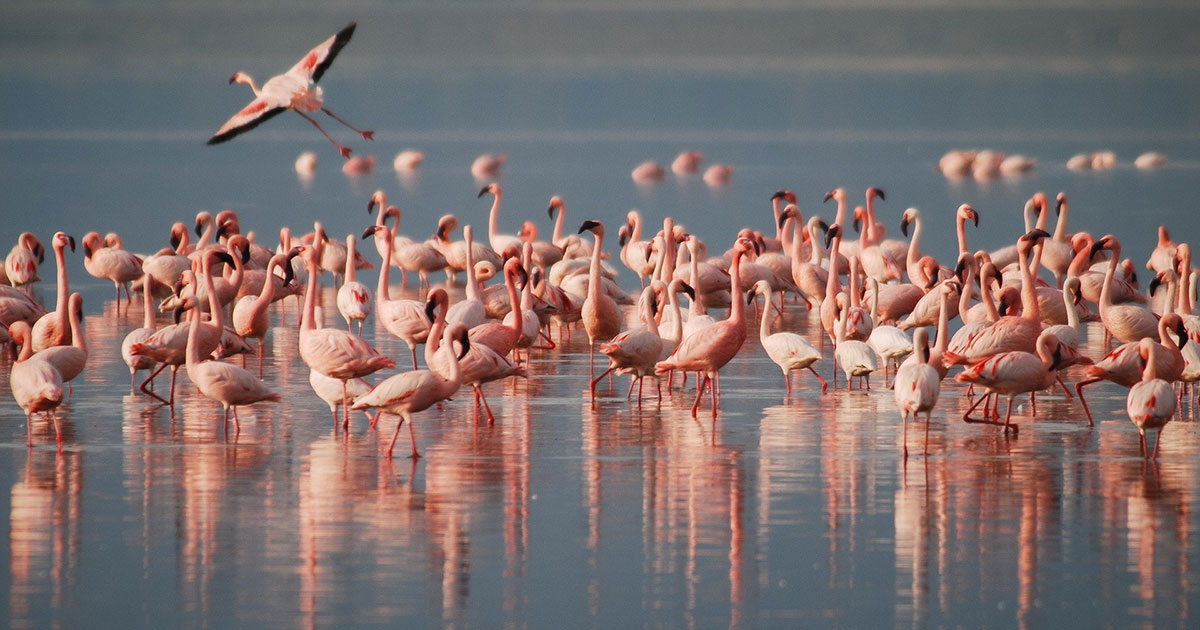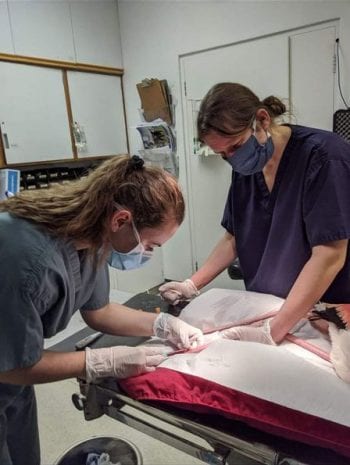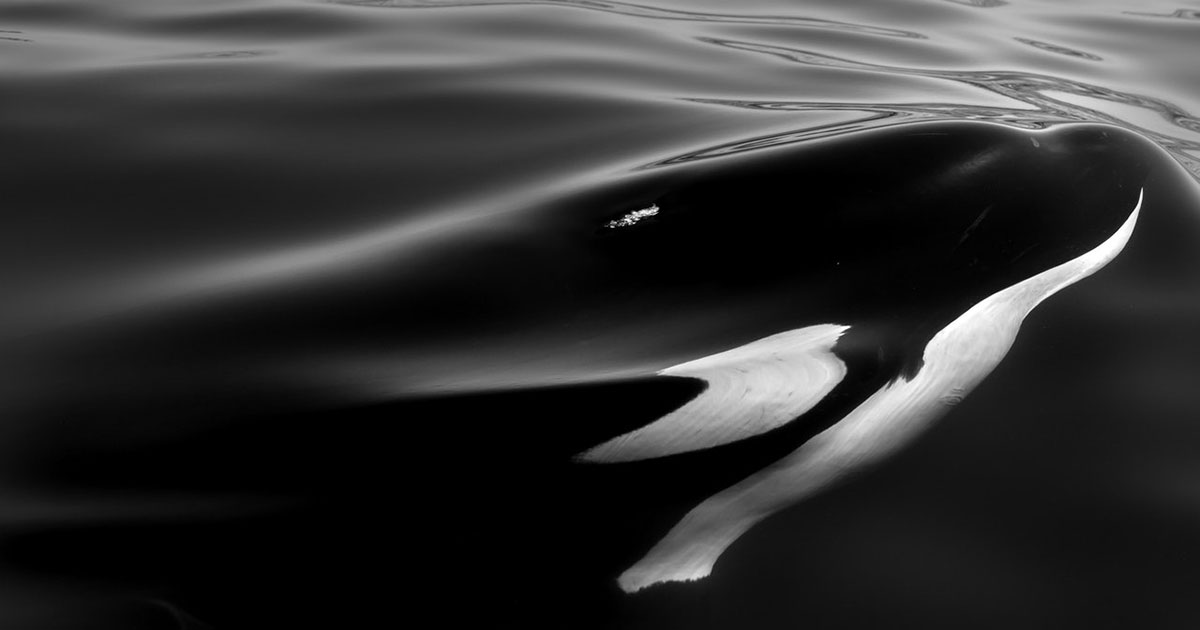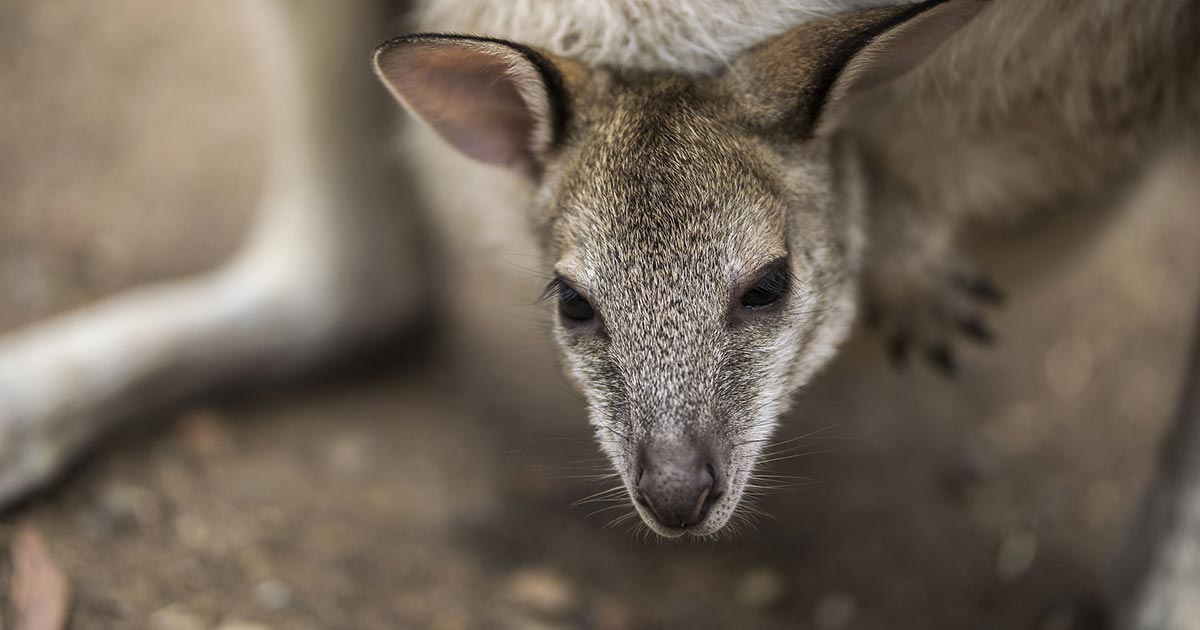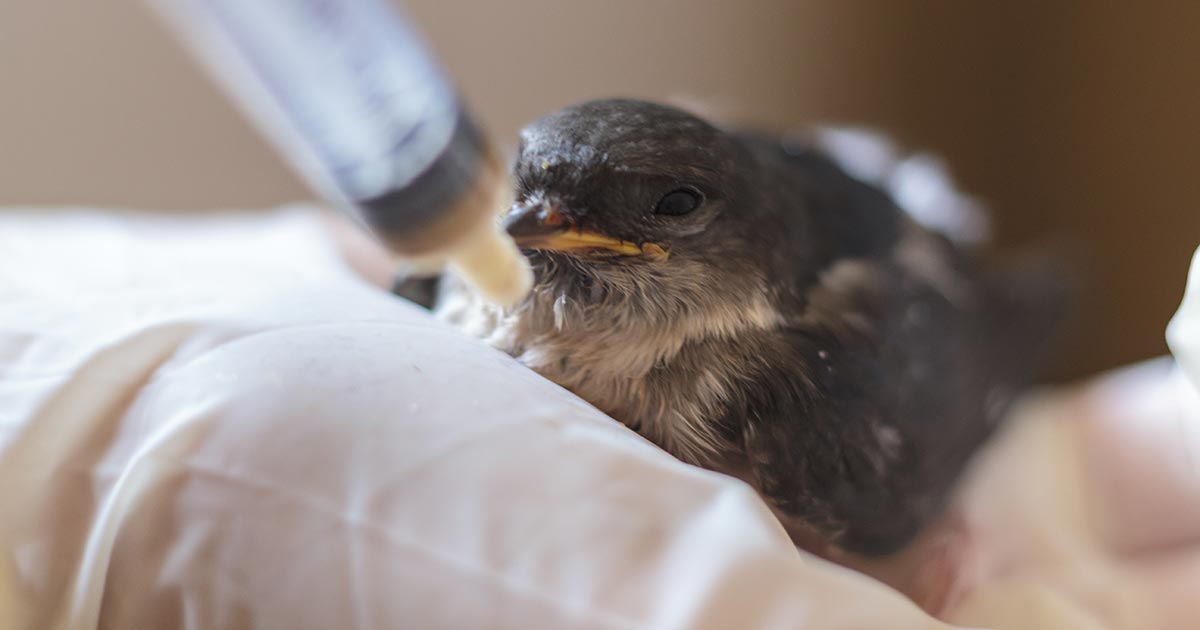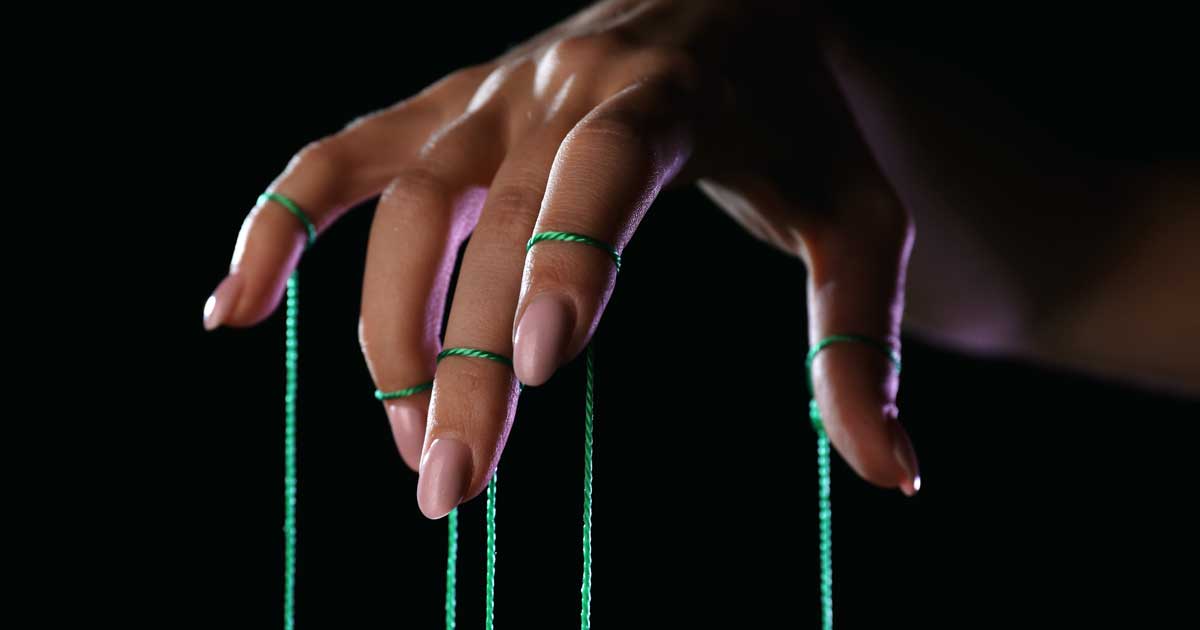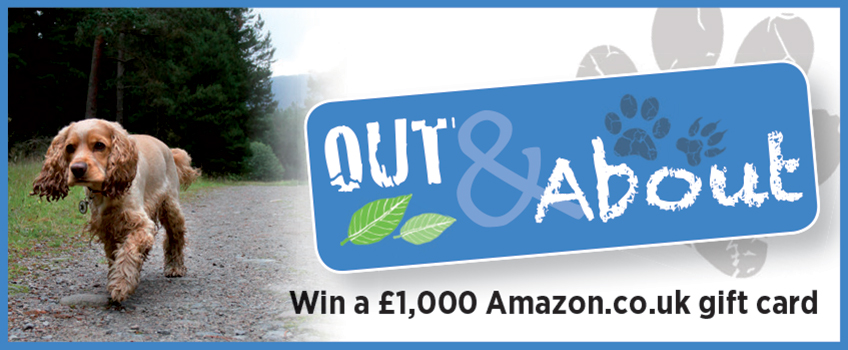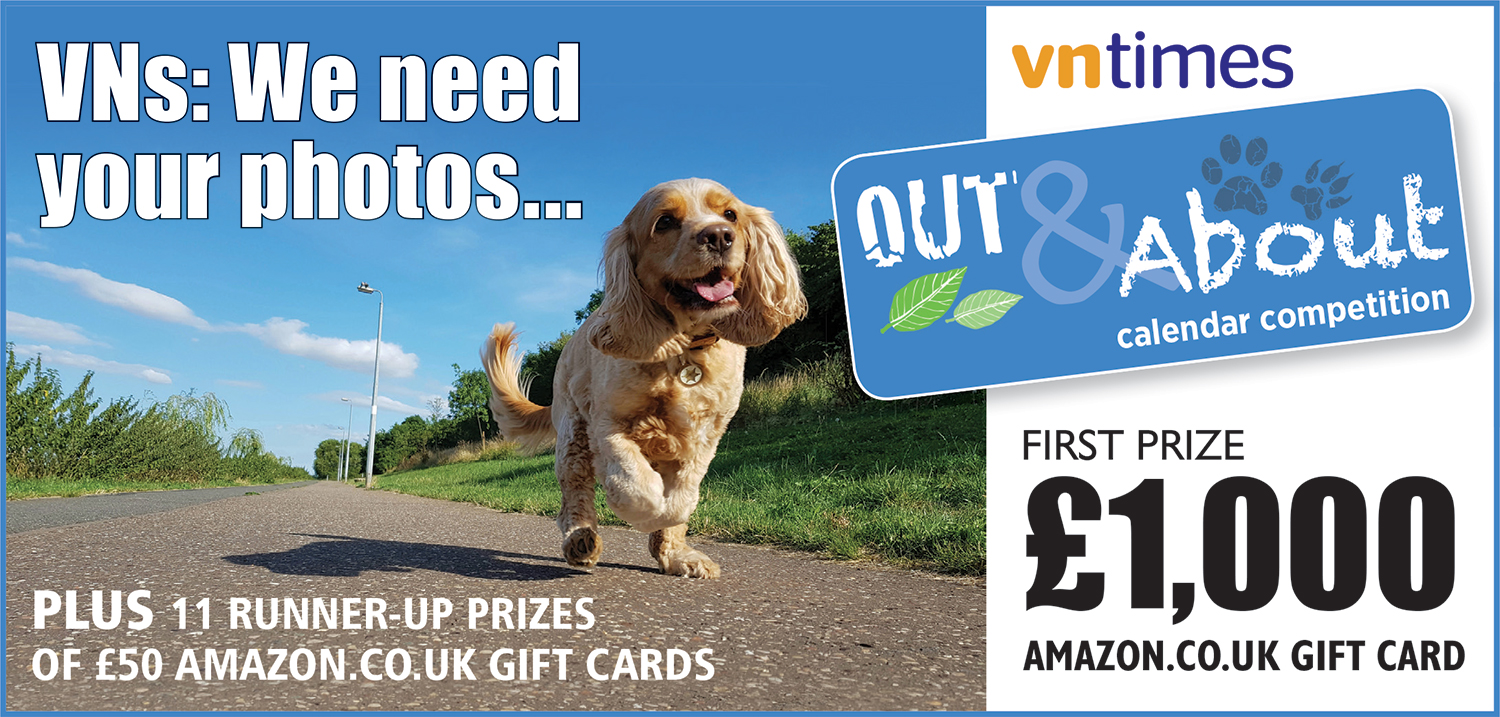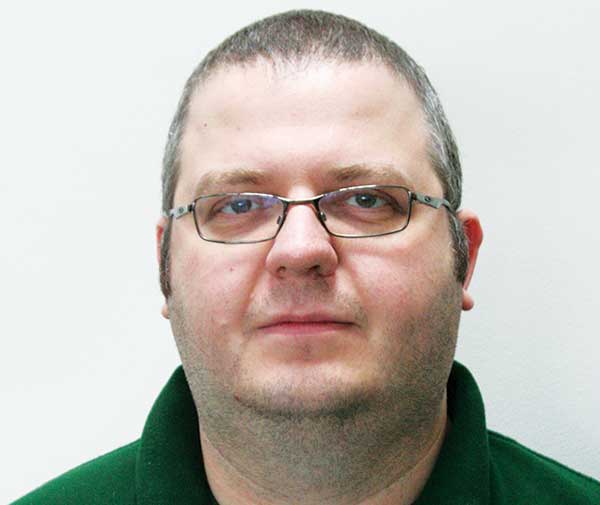Fourth year at vet school seems to finish before it’s even begun – and that’s not a romanticism.
It’s only six months (running from September to February), so even if you factor in time spent on exams, it sort of feels like cramming a whole year into just half the space of time. Like too much butter over too little bread.
Short year
There are many maladies of fourth year that nobody quite prepares you for.
For starters, exams come before Easter (so you don’t even get a chocolate fix while revising), there’s no real summer holiday (unless you count an overseas EMS placement) and – the scary part – it’s the stepping stone between being a plain ol’ student and basically being an actual vet.
Despite these curveballs to the regular programming of the vet course, I believe fourth year has been my favourite so far. However, I’m not sure if it’s the nostalgia after intercalating for a year, the delicious lack of biochemistry and 9am dissections, or the slow and almost intangible sensation of everything coming together.
Mixing bowl
It’s most certainly a scary jolt when you realise that, academically speaking, the university staff have essentially taught you everything there is to teach you. There are no more ingredients to becoming a veterinary professional – all that’s left is to mix them all together and hope you come out fully baked.
It’s also a familiar type of “scary” – like holding your unopened A-level results envelope, or moving out of home and into halls. It’s a precipice of the unknown, but there’s also a lot of potential there. Staring into the jaws of final year is a humbling experience and it feels like the beginning of the end of a very long journey.
Looking back, the past five years seem like a blur and despite the fact most of the friends I started university with are now working 9 to 5 and getting on the property ladder, I can’t quite believe I’m already here. Is it really that time already?
Limitless
Academics aside (you know, the actual important bit), I’d say my takeaway from my time so far probably boils down to just one point: don’t limit yourself.
This applies to every aspect of life at vet school – from trying different clubs and sports in your first year, to keeping your options open when it comes to what type of vet you actually want to be. For example, when I first started writing for Vet Times as a wee 19 year old, I knew down to my bones that I wanted to be a farm vet… until I didn’t.
That’s not to say that cows aren’t still the cutest things that fill me with absolute joy, because they do. It’s even become a sort of car game among my vet friends to point out fields of them on long journeys. The fact of the matter is, I don’t know what I want to be any more, unless there’s an option for everything?
Growing confusion
I never really considered myself an exotics enthusiast, or a conservationist, or a wildlife welfare advocate until halfway through my veterinary degree, and with each passing EMS placement I become more and more torn as to which area I’d like to branch into.
“Don’t limit yourself” is also applicable to your life and interests outside of the course, to giving yourself a much-needed break during the revision period, and not being scared to ask questions of that vet who knows everything now, but was once just like you.
Don’t miss out
It makes for a very cheesy motto, but if you get too caught up in where you think you should be going when you first start vet school, you might miss out on some really incredible opportunities along the way.
It’s natural for you to end up being a very different person at the end of the course than you were when you first applied (a culmination of all of those years and experiences) – I know I certainly am.



